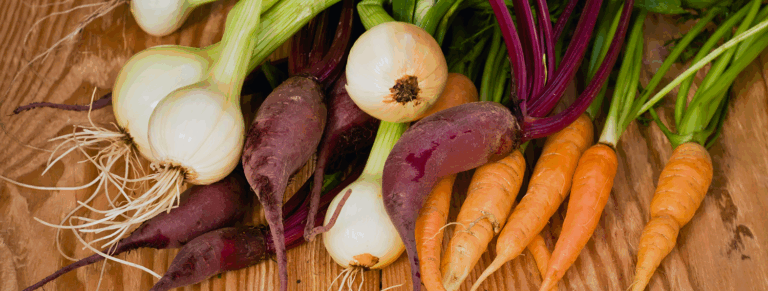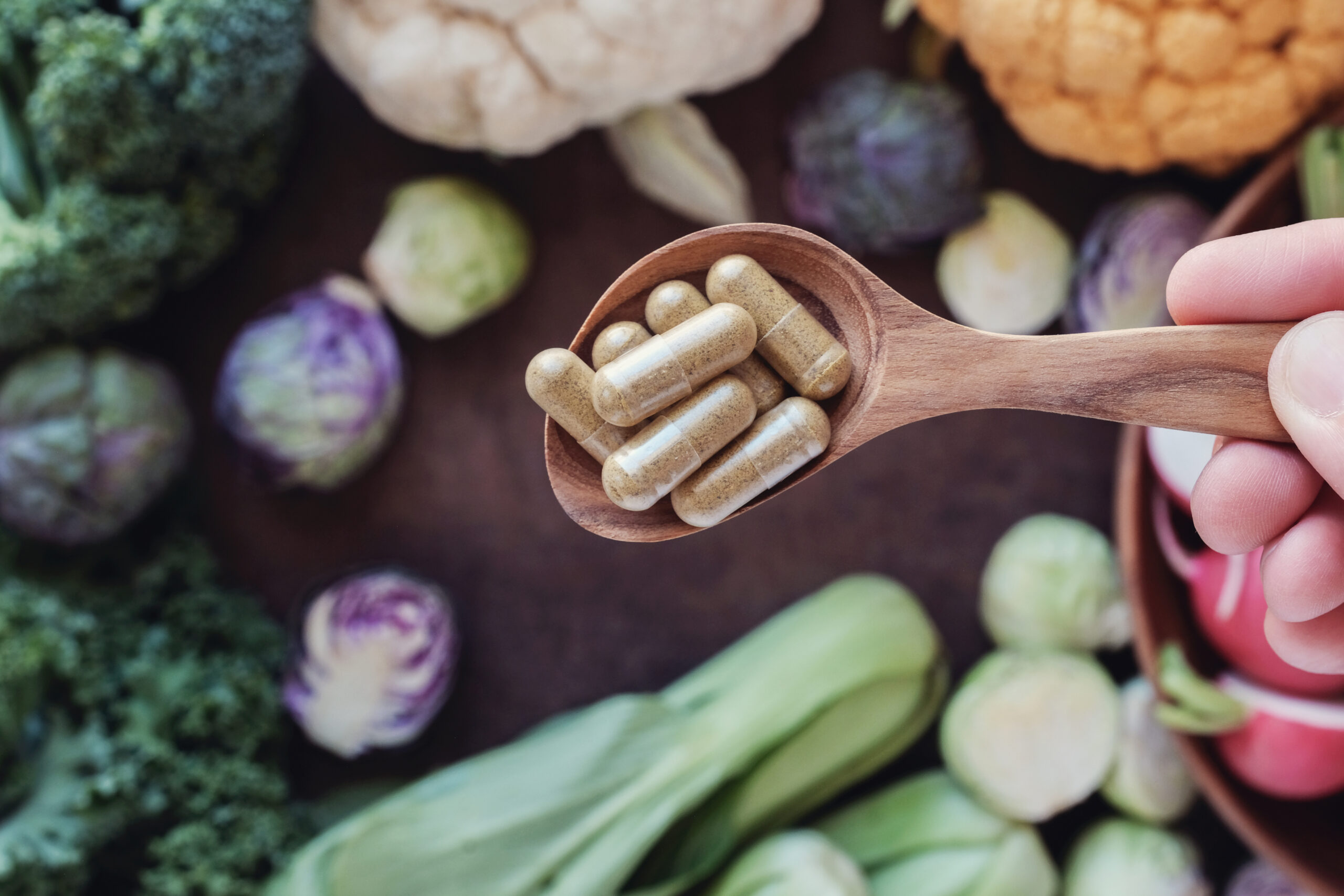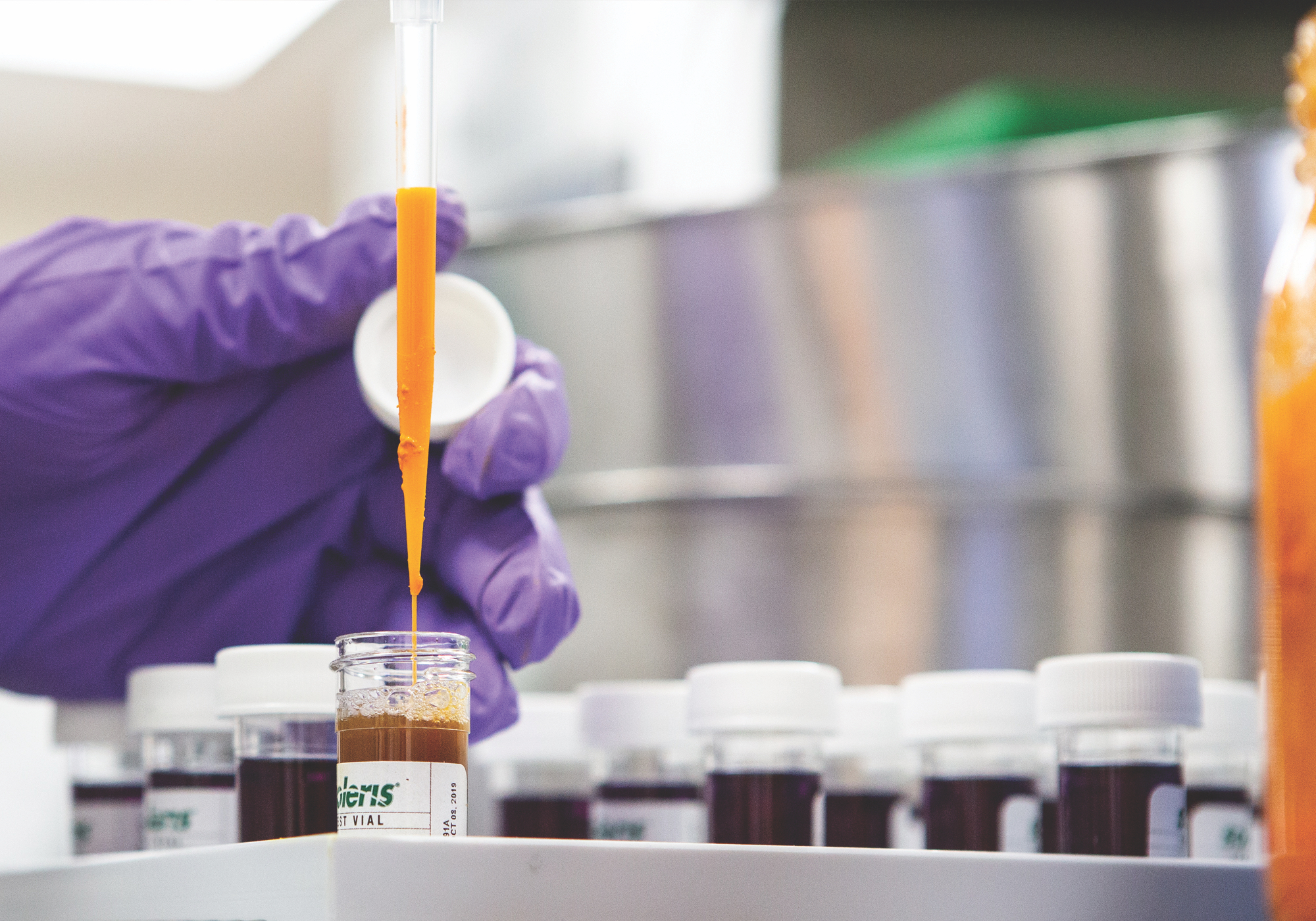Scientific name:Origanum vulgare
Constituents:
- Volatile oil (carvacrol, thymol, bisabolene, caryophyllene, borneol, linalool)
- Flavonoids
- Tannins
- Resin
- Phytosterols
Medicinal actions:
- Antimicrobial
- Bitter
- Carminative & Antispasmodic
- Diaphoretic
- Diuretic
- Emmenagogue
- Expectorant
- Vulnerary
Mechanism of Action & Pharmacology:
- Volatile oils, carvacrol & thymol appear responsible for the majority of medicinal and specifically antimicrobial effects and antioxidant effects.
- Various in vitro and in vivo studies show that carvacrol possesses a variety of biological and pharmacological properties including antioxidant, anti-bacterial, anti-fungal, anti-cancer, anti-inflammatory, hepatoprotective, and antispasmodic effects.
Pharmacy:
- Infusion
- Tincture
- Capsules
- Emulsified oil
- Various culinary applications
- As a topical, gargle or mouthwash
Safety & Toxicity Concerns:
- May cause dysbiosis with long-term internal use.
- Avoid long term, high doses of oil internally.
- Can irritate skin and mucus membranes.
- Avoid in pregnancy and lactation.
Interactions:
- Theoretical interaction with antidiabetic agents and anticoagulants.







